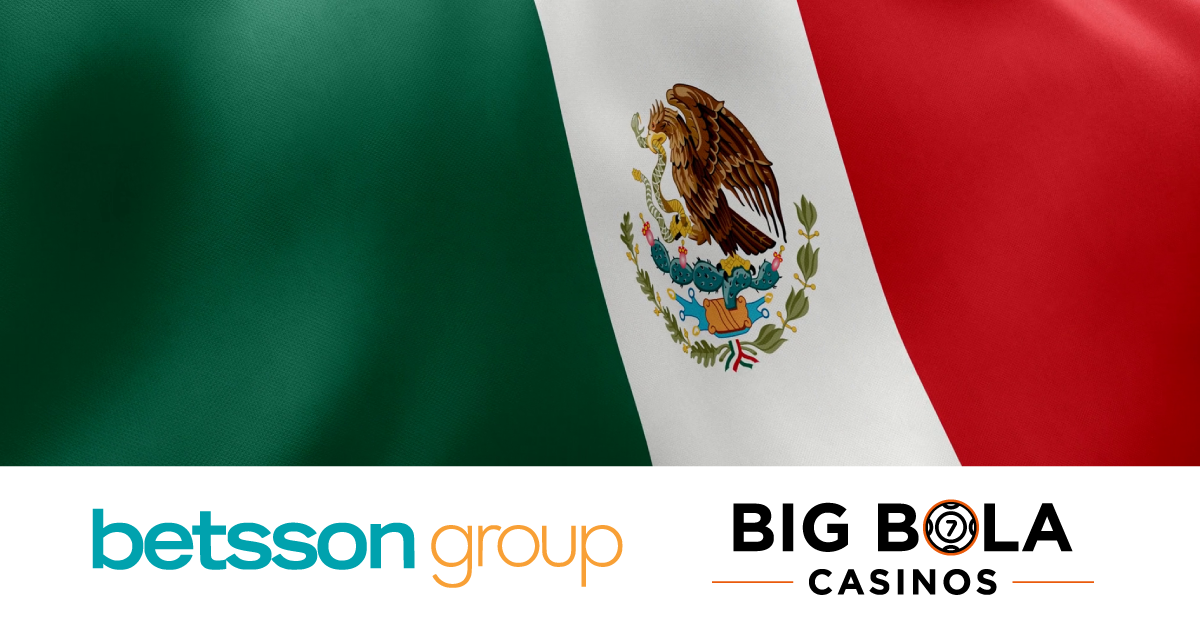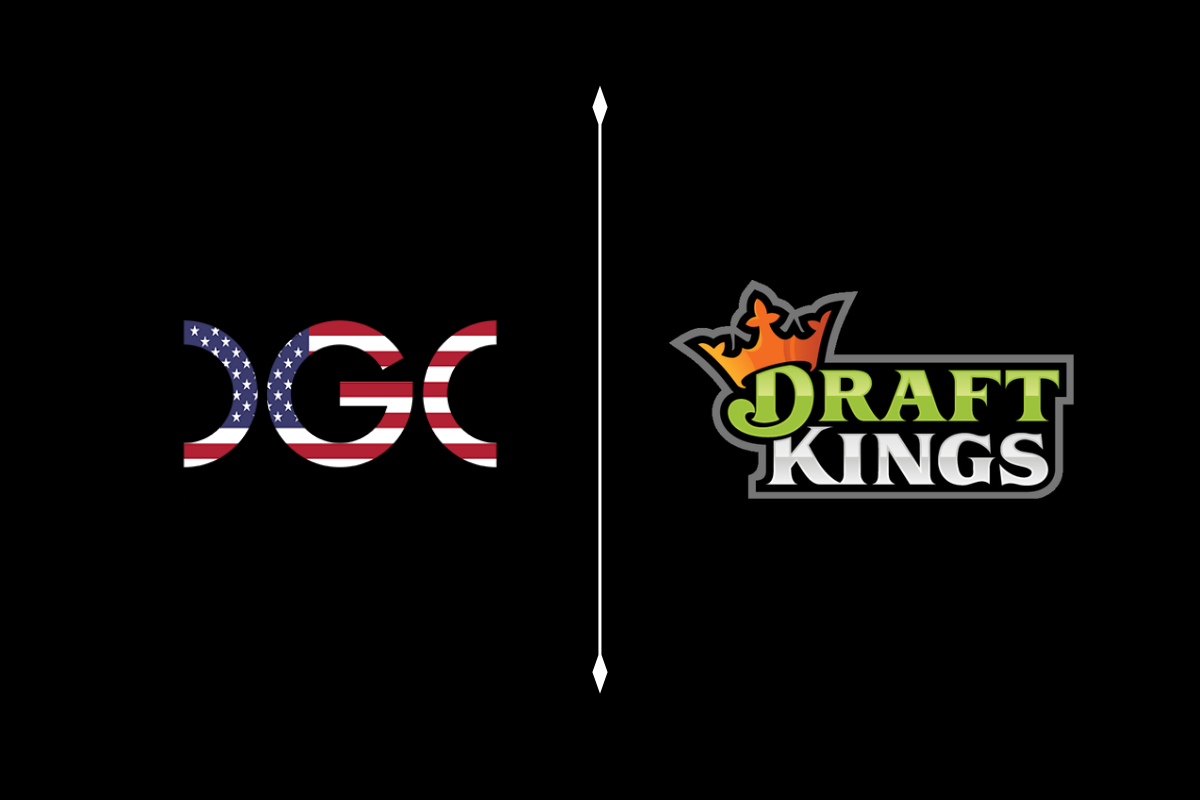
Betsson Group and Big Bola announce partnership for online gaming operations in Mexico
The partners plan to launch the gaming operator’s flagship brand, Betsson, by the end of the year. Upon launch, Betsson Mexico will offer casino, live casino, and localised sportsbook with a wide range of sports and markets and US ways of betting, such as money line, parley, and teaser bets.
Jesper Svensson, CEO of Betsson operations, said, “This is yet another expansion into the LatAm region which we see so much potential in. As we have done in Brazil, Colombia, and the Province of Buenos Aires in Argentina, we are teaming up with a local partner that lives and breathes the local culture.
“We are really excited to start this collaboration with Big Bola as we believe they are well suited to help us understand the market better and ensure that our offering not only fits the Mexican culture but also earns the public’s trust. Our vision is to provide the best customer experience in the industry and I’m confident that we will manage to replicate this success in Mexico too,” concluded Jesper Svensson.
Emilio Quiros, Director of Operations for Big Bola, said, “We are happy that Betsson Group has chosen to partner with us for their operations in Mexico. We believe that our market expertise and their knowledge and experience about online gaming will result in an outstanding product for Mexico.”
Both companies are actively involved in supporting the communities in which they operate. Betsson Group uses OneBetsson.com as a vehicle for local community engagements in multiple countries. During the current circumstances, Betsson has supported COVID-19 related initiatives in Malta, Sweden, Estonia, Georgia, and Hungary. Big Bola also runs Fundación Big Bola which is driven by values such as altruism, commitment, honesty, solidarity, justice, and generosity and supports children and youths in Mexico. It also collaborates with other public and private organisations to support healthcare and crisis relief in Mexico.










